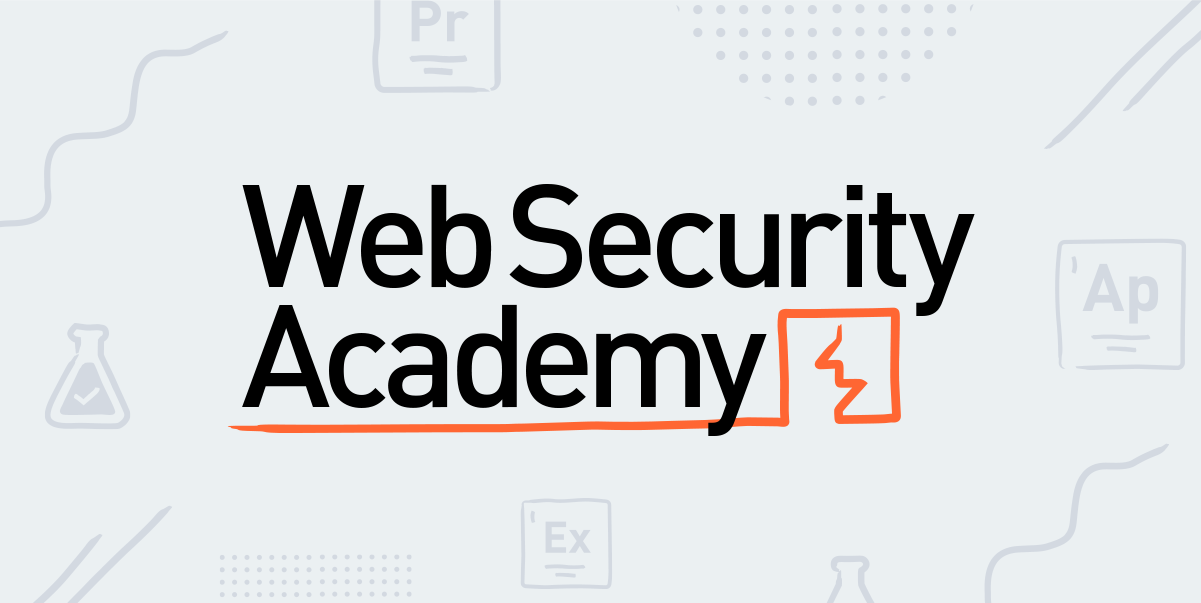- TechJourney Newsletter
- Posts
- Cyber Security Beginner Roadmap
Cyber Security Beginner Roadmap
The 9th edition of the Tech Journey Newsletter
Hi, this is Alex, and welcome to the new edition of Tech Journey,
Today I would like to talk about hacking or more formally - cyber security. As our lives are more integrated into the digital online world, the need for information security professionals is increasing.
Cyber security is quite varied and there are a lot of paths to learning: from the development of security software, analysis, and creation of security policies to hardware hacking and penetration testing. Everyone will find here something interesting.
And 2023 is the great time to start, there are lots of resources you can learn from and practice, so let's discuss what skills you need to become a cyber security specialist.
First, you need to master operating systems: Linux, and Windows.
Learn terminal/cmd commands, how permissions/privileges are set, system services, etc.
The following course might be useful
You as a security specialist will hack apps and you need to know how they are communicating - learn networking:
Next, you need to learn the programming language. I suggest you check python or golang. Learn basics: if-else statements, loops, data types, and how to read and write from/to files. That will be enough to start.
Then learn basic security, you need to be familiar with common terms, vocabulary, topics, etc:
Some people say you must have "that" or "this" certification to work as a cyber security specialist. From my personal experience, it is not necessary. Your hands-on experience is much more important, in other words, you need to do more hacking to be a hacker 😏 Therefore rely more on gaining hands-on experience than any certifications
Now as you already grasped the basics you should start practicing hacking
You need to get familiar with common Web Application vulnerabilities, so check OWASP TOP 10:
Then learn it in practice:
To practice more on Web hacking and Network pentesting take a look on:
https://www.hackthebox.com/
https://www.vulnhub.com/
https://pentesterlab.com/
https://tryhackme.com/
Share your learning online: create a portfolio website on WordPress or GitHub pages and collect there all your finding and thoughts
Read published bugbounty reports, e.g. from hackerone, and learn new techniques from them
This is just the beginning, but you will already have a base, and then you can choose for yourself what to learn next
I hope this has inspired you and given you an idea of how to start. Thank you for reading 😎
Alex




